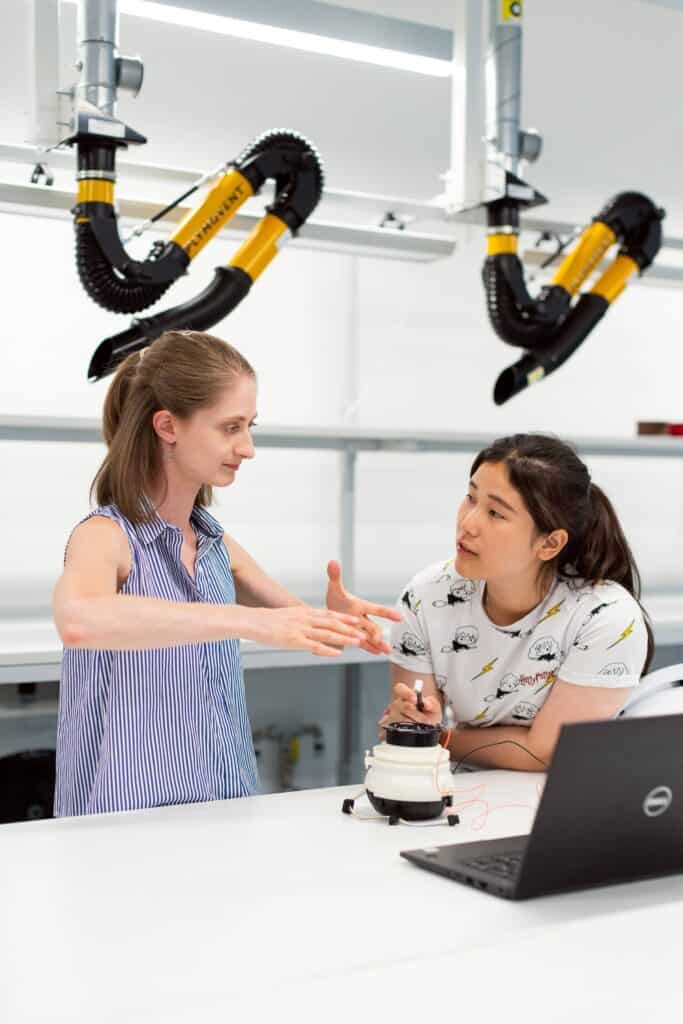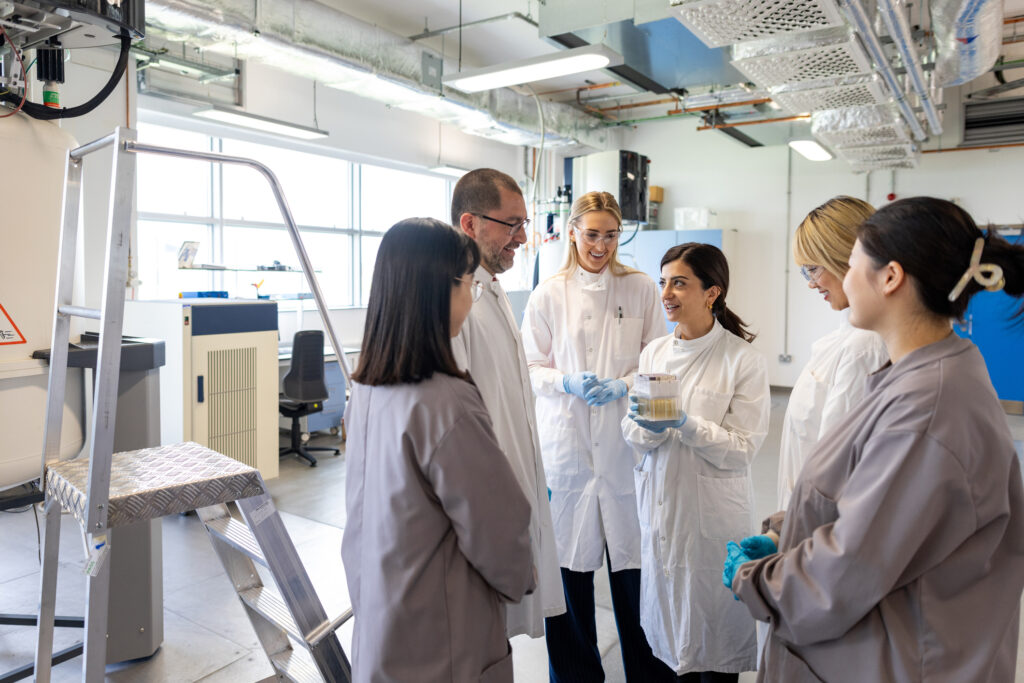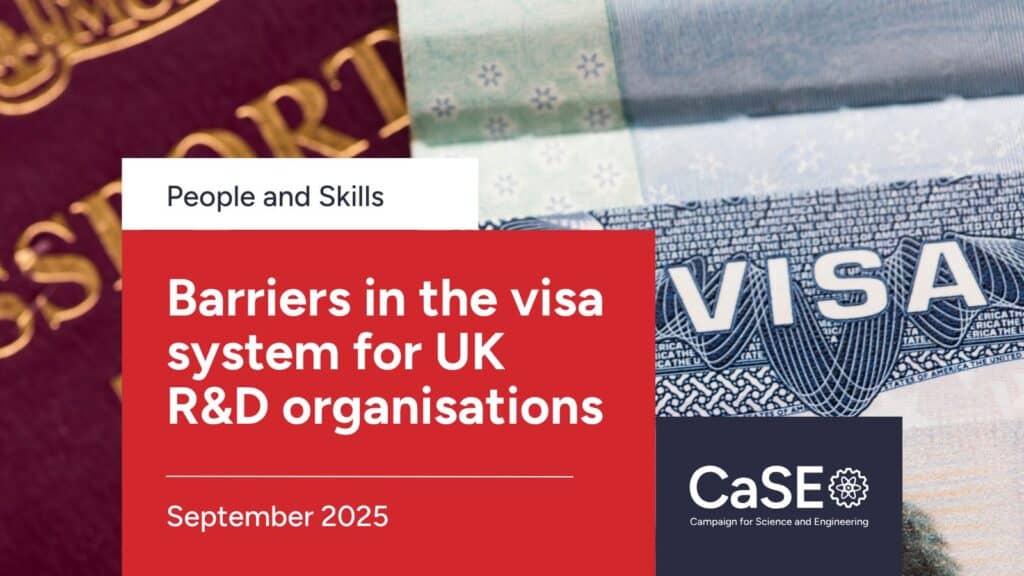Survey of Secondary School Science Teachers
01 Jan 2004
Key Findings:
In over three out of four schools students were sometimes unable to carry out practical lessons. The most common reasons for this, affecting 40-50% of respondents were:
- Student behavioural problems
- Lack of appropriate equipment
- Class sizes
Funding for larger items of equipment was described as less than adequate in 65% of schools. This compares to 48% for ICT equipment and 29% for consumable items.
Three in five teachers felt that laboratory facilities effected recruitment at their own school. Positive effects on recruitment and retention were noted at schools where facilities had recently been upgraded.
Nearly nine out of ten respondents felt that there were problems with the current methods for assessing students’ practical and investigative skills.
The two most commonly cited issues were a lack of time and the emphasis on formulaic, prescriptive projects. Other issues raised included a lack of emphasis on practical skills.
29% of teachers wanted more contact hours for their pupils.
There was much strong opinion but little consensus as to how the numeracy required for science should be distributed between maths and science lessons, although the majority felt it should be shared between both departments.
Over a third of respondents feel they are currently spending more time teaching mathematics than is appropriate.

Survey of Secondary School Science Teachers
DownloadRelated resources

Chancellor’s Davos speech signals tentative steps to remove barriers to skilled immigration, says Daniel Rathbone

CaSE’s look at the UK Government’s plans for Further and Higher Education in England in the post-16 Education and Skills white paper.

Recent work by CaSE shows how supportive voices can talk about immigration for the UK R&D sector in a way that resonates with the public.

In this briefing CaSE has collated insights from 15 research organisations demonstrating the barriers they face in the UK visa system.